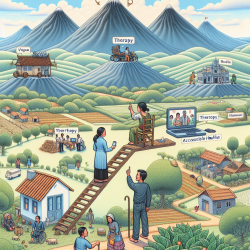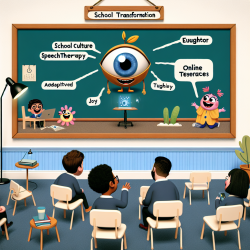Accessing specialized health care services can be a daunting challenge for transgender, non-binary, and gender diverse individuals living in rural regions. The recent research article "Barriers to Accessing Health Care in Rural Regions by Transgender, Non-Binary, and Gender Diverse People: A Case-Based Scoping Review" sheds light on these challenges and offers actionable insights for practitioners. Here, we summarize key findings and suggest ways to implement these insights to improve care delivery.
Understanding the Barriers
The research highlights several key barriers that transgender individuals face in rural areas:
- Geographic Isolation: Limited access to specialized health care services due to long distances.
- Socioeconomic Factors: Financial insecurity and lack of health insurance often exacerbate access issues.
- Discrimination and Stigma: Experiences of discrimination in the community and by health care providers deter individuals from seeking care.
- Knowledge Gaps: A lack of awareness and understanding of transgender health needs among local health care providers.
Implementing E-Health Solutions
E-health approaches can mitigate many of these barriers. Here are some strategies for practitioners:
- Telehealth Services: Offering video consultations can provide much-needed access to specialized care without the need for travel.
- Online Support Groups: Creating online communities can help reduce isolation and provide peer support.
- Training and Education: Regularly updating the knowledge base of local health care providers on transgender health issues through webinars and online courses.
Encouraging Further Research
While the research provides valuable insights, there is still much to learn. Practitioners are encouraged to participate in ongoing studies and contribute to the growing body of knowledge. This can help identify new solutions and improve existing ones.
Conclusion
Addressing the barriers to health care for transgender individuals in rural areas requires a multi-faceted approach. By implementing e-health solutions and continuing to educate and engage with the community, practitioners can make significant strides in improving access to care.
To read the original research paper, please follow this link: Barriers to Accessing Health Care in Rural Regions by Transgender, Non-Binary, and Gender Diverse People: A Case-Based Scoping Review










